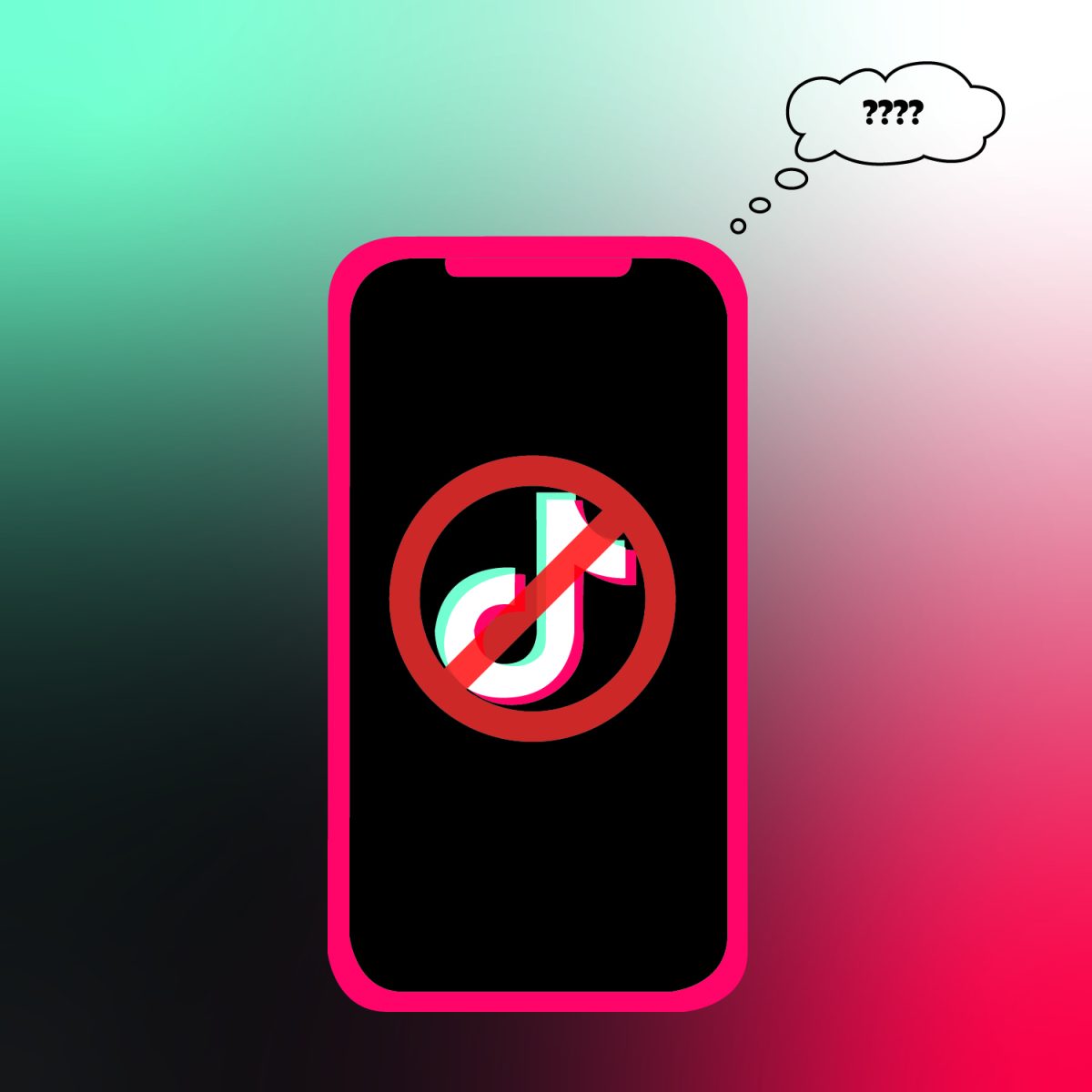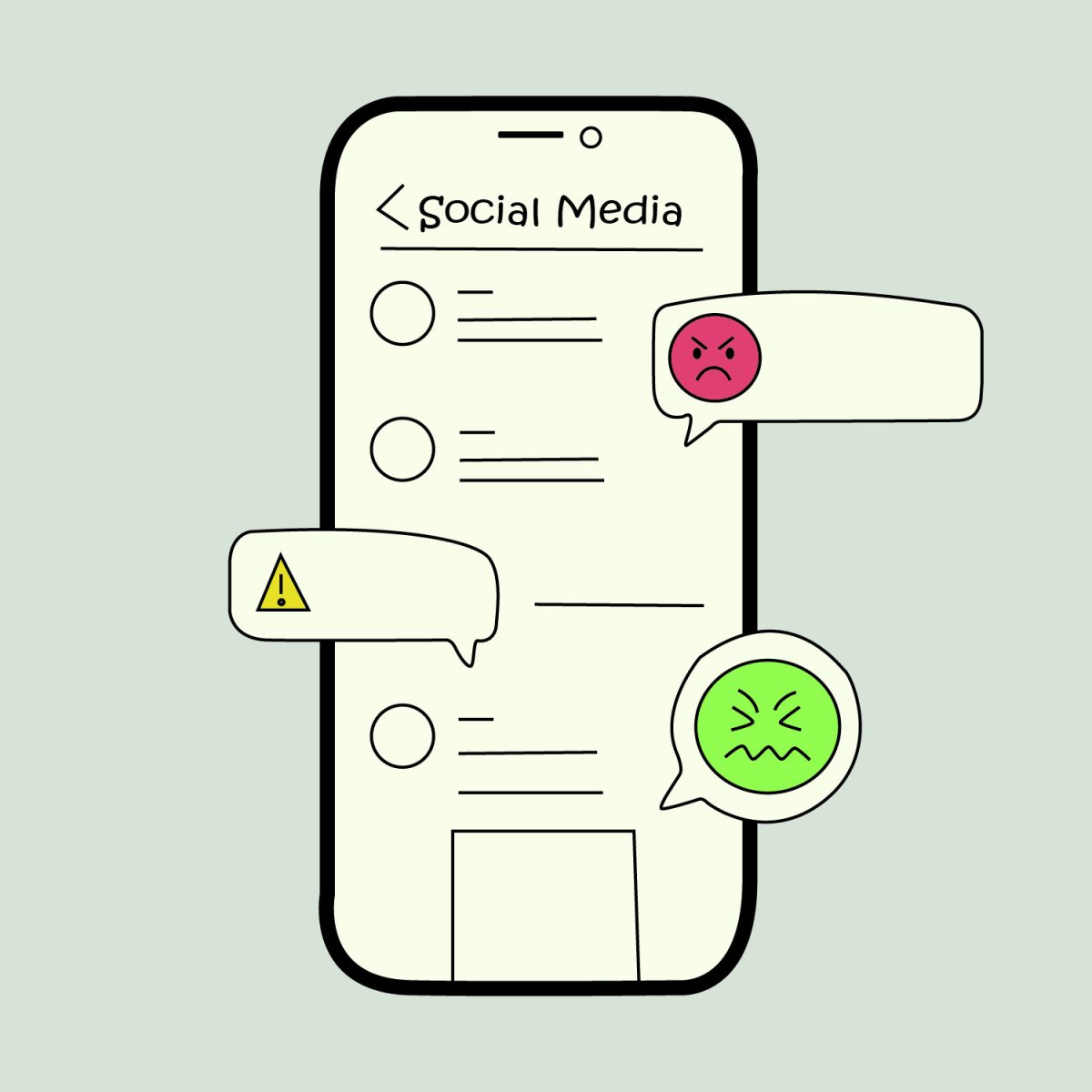The debate over banning TikTok has intensified, with strong arguments on both sides. While some see the ban as necessary for national security, others view it as an overreaction that would do more harm than good. Overall, banning TikTok is a step in the wrong direction.
Supporters of the ban argue that TikTok, owned by the Chinese company “ByteDance,” could be a tool for espionage. AP News states that those in charge “worry that the Chinese government could access user data through the app, posing a risk to national security.” Given China’s laws requiring companies to cooperate with state intelligence efforts, these concerns are understandable. Additionally, there are fears that TikTok could be used to spread misinformation, influencing public opinion in other countries.
However, the evidence supporting these claims is largely speculative. ABC News states that “there has been no concrete proof that TikTok has been used for espionage or malicious data collection.” Banning the app based on hypothetical risks sets a troubling precedent for censorship and could lead to a slippery slope where other technologies are banned without solid evidence.
On the other hand, opponents of the ban highlight several important points. TikTok has become a major platform for creativity, education, and social interaction. It has provided a space for people, especially younger generations, to express themselves, connect with others, and even earn a living. Removing TikTok would silence these voices and stifle innovation.
Moreover, banning TikTok overlooks the broader issue of digital security. CBS News adds that “If the goal is to protect user data and national security, a more comprehensive approach is needed.” This could include stronger data protection laws and international cooperation on cybersecurity. Focusing on one app does not address the systemic issues in digital privacy and security.
Another concern is the potential for a technological cold war. Banning TikTok could escalate tensions between countries, leading to retaliatory actions and harming international relations. This not only affects TikTok but could also disrupt the global tech industry and economic cooperation.
In conclusion, while the security concerns about TikTok are not unfounded, an outright ban is an overreaction. A balanced approach that strengthens data protection and promotes international cooperation would be more effective. Banning TikTok would not only limit freedom of expression but also fail to address the underlying issues in digital security. Instead of taking a step backward, we should seek solutions that protect both security and digital freedom.










